 by Timothy Dalrymple –
by Timothy Dalrymple –
One of the gravest dangers of the Budget Control Act passed yesterday is that it could provide Americans with a false sense of security. Washington has finally taken action. The crisis has passed. The sky is brightening, the trees are parting before us and — we’re out of the woods. Right?
Alas, but no. Not only are we deep in the dark heart of the forest, but we’re still walking in the wrong direction. The pace may have slowed, but the trajectory has not. The immediate cash-flow crisis has passed, but the long-term solvency crisis remains. We are still borrowing enormous amounts of money, still selling our children into debt slavery through our own spending insanity. While the Budget Control Act (best summarized by Keith Hennessey) is intended to reduce the deficit (the difference between expected revenues and planned spending, or the amount we have to borrow in order to spend what we want to spend) in the years to come, it does not reduce the debt (the amount the federal government owes). It slows — by a little — the rate at which the debt grows, but the debt is still astronomical and still swiftly growing. [Read more…]

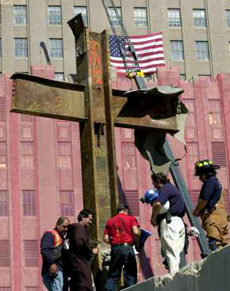 by Robert Knight –
by Robert Knight –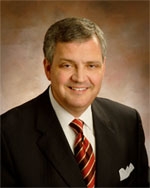
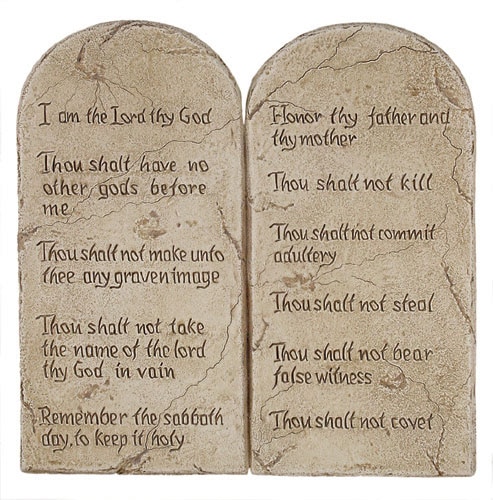 by Dennis Prager –
by Dennis Prager –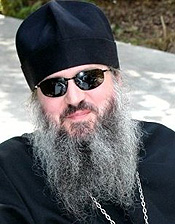
 by Fay Voshell –
by Fay Voshell – 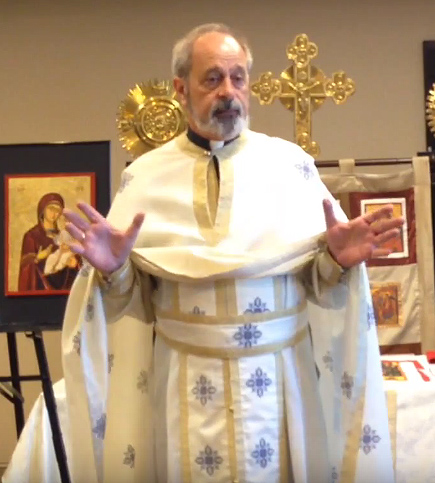 by Fr. Johannes Jacobse –
by Fr. Johannes Jacobse –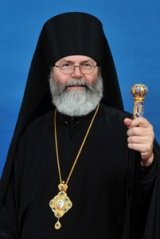
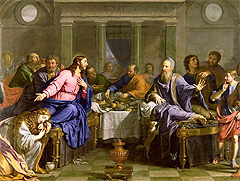 by James V. Schall, S.J. –
by James V. Schall, S.J. –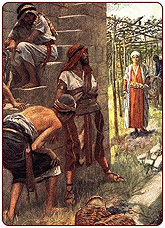 by William Sullivan –
by William Sullivan –